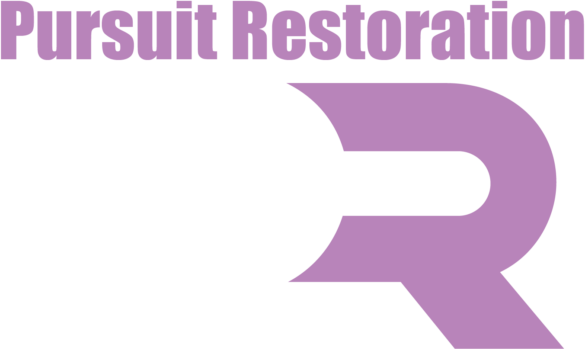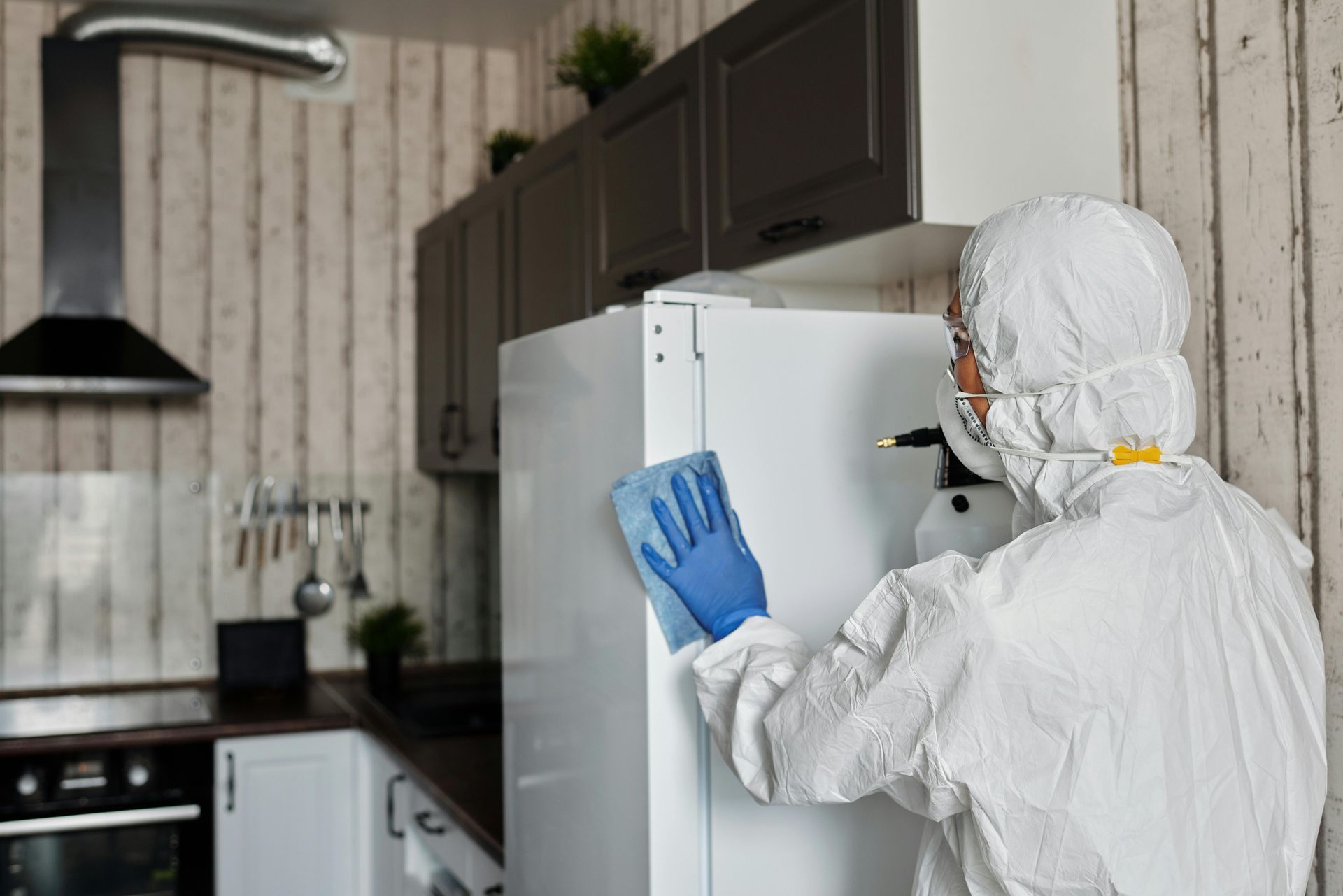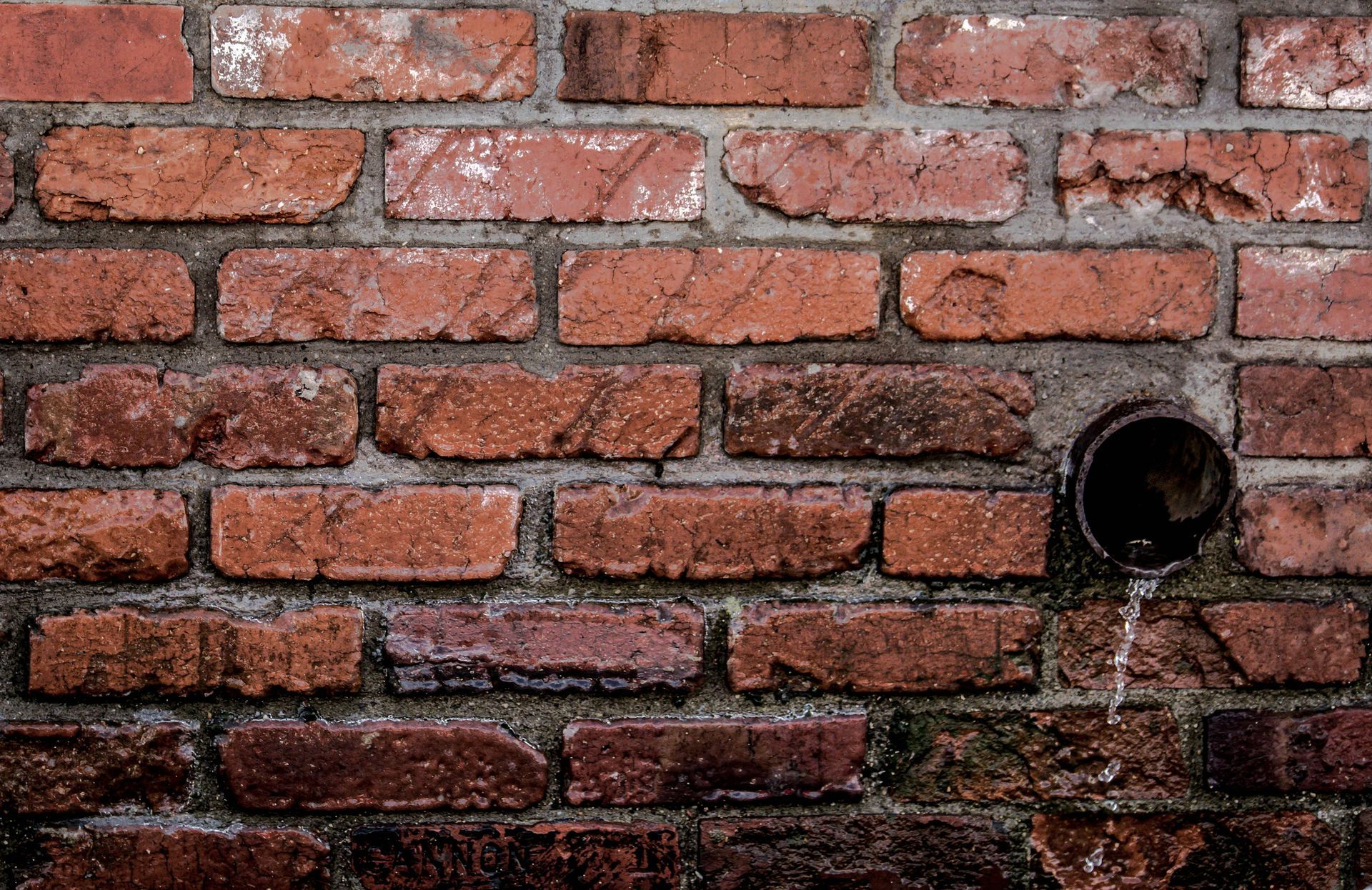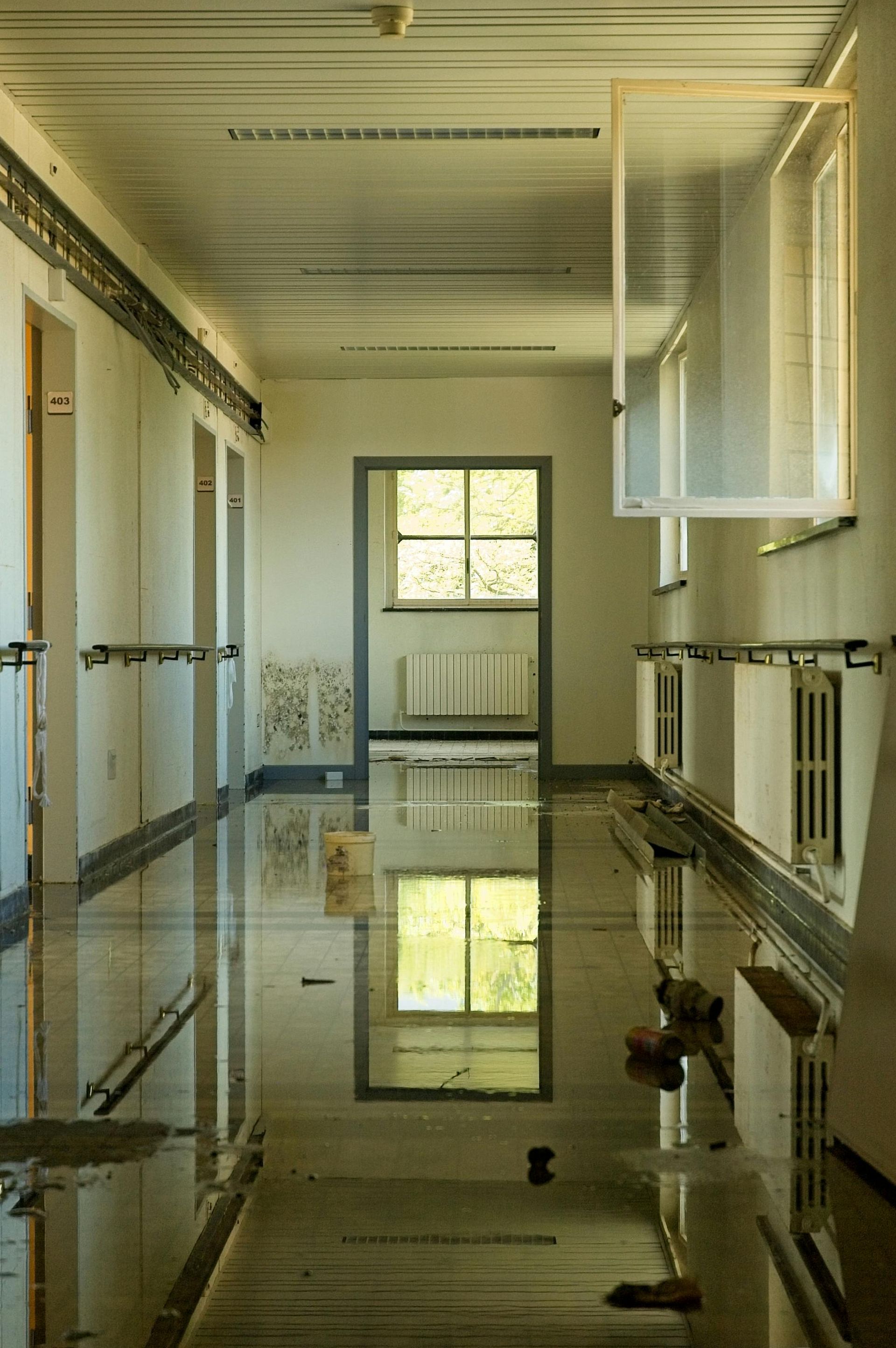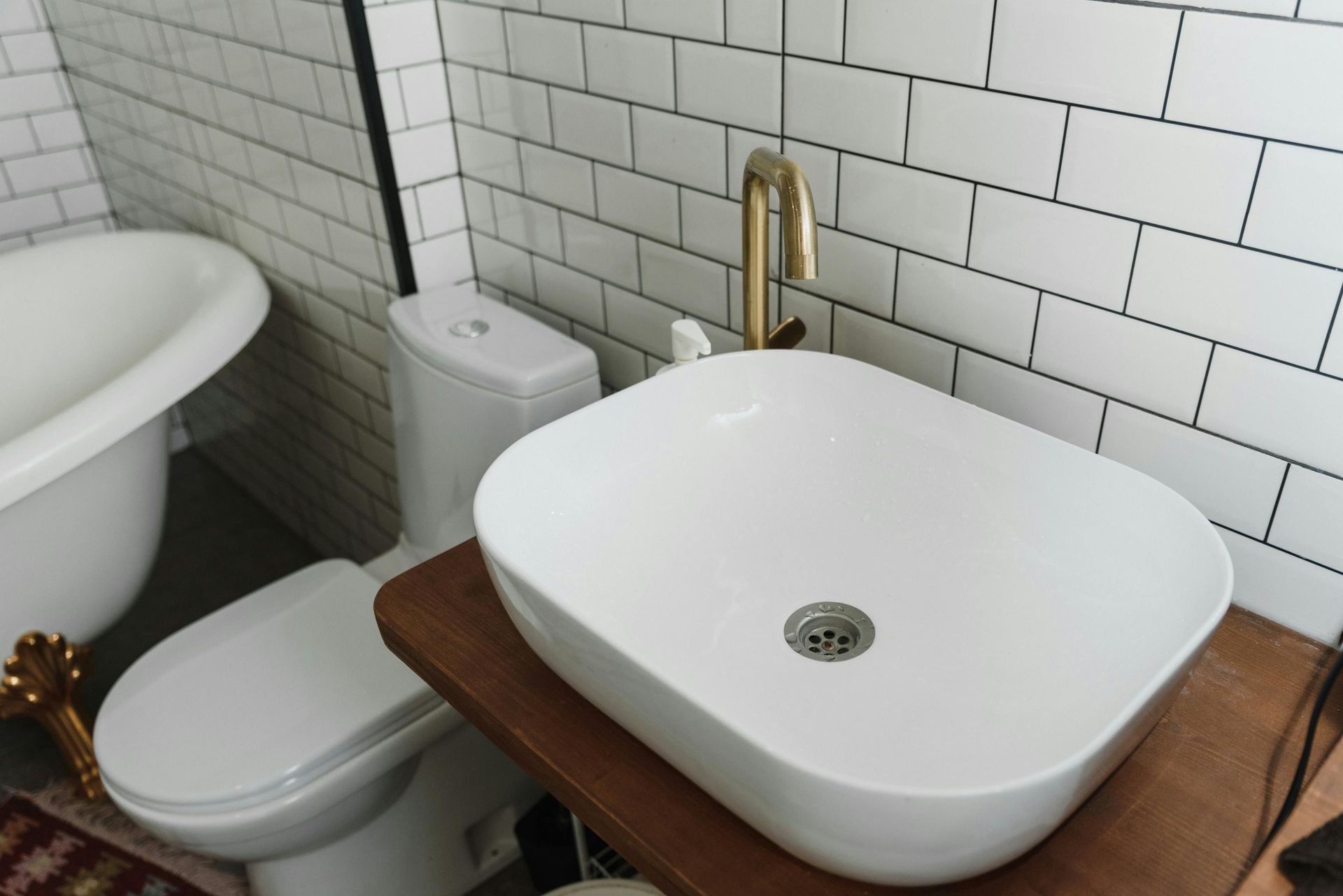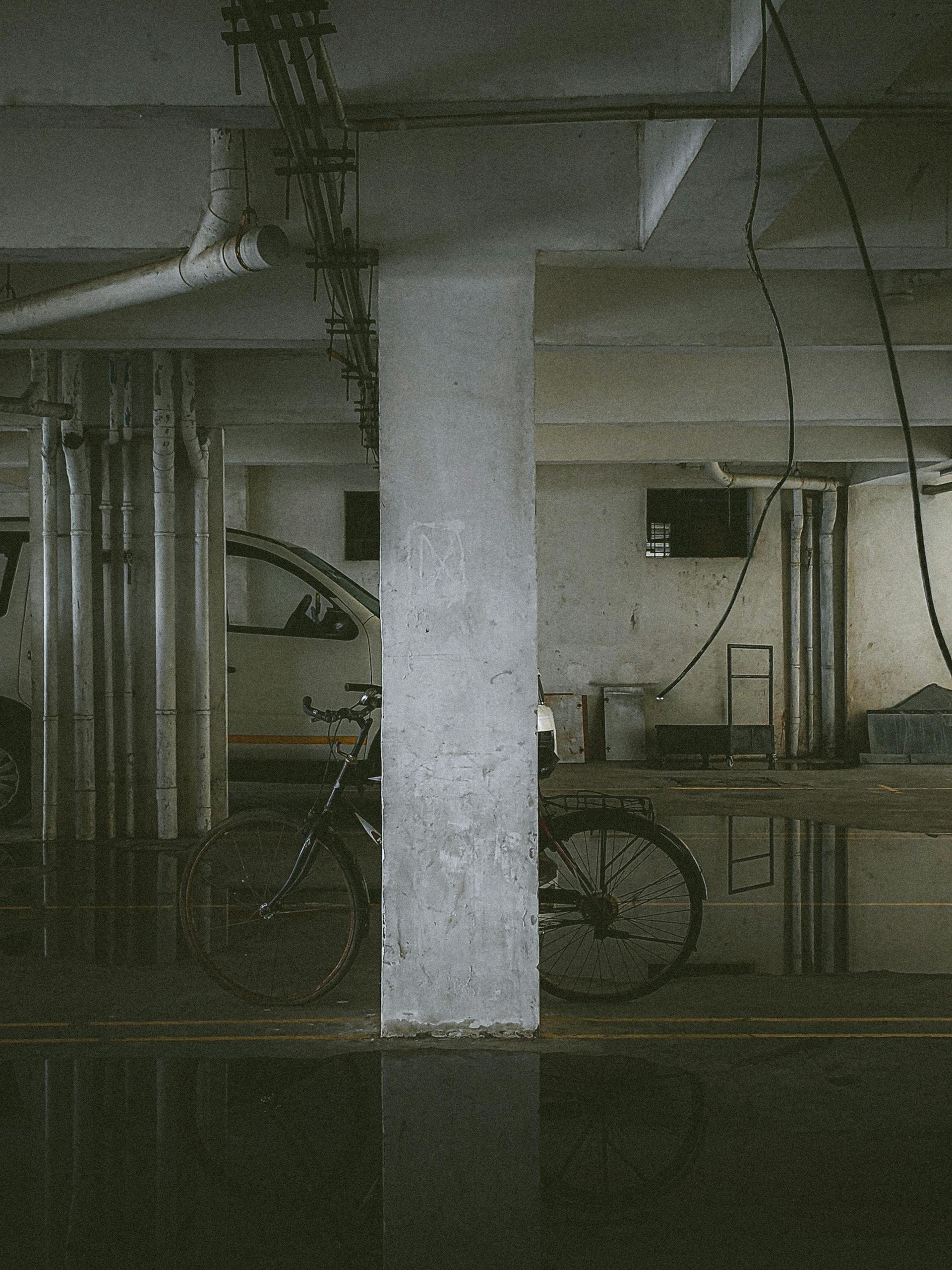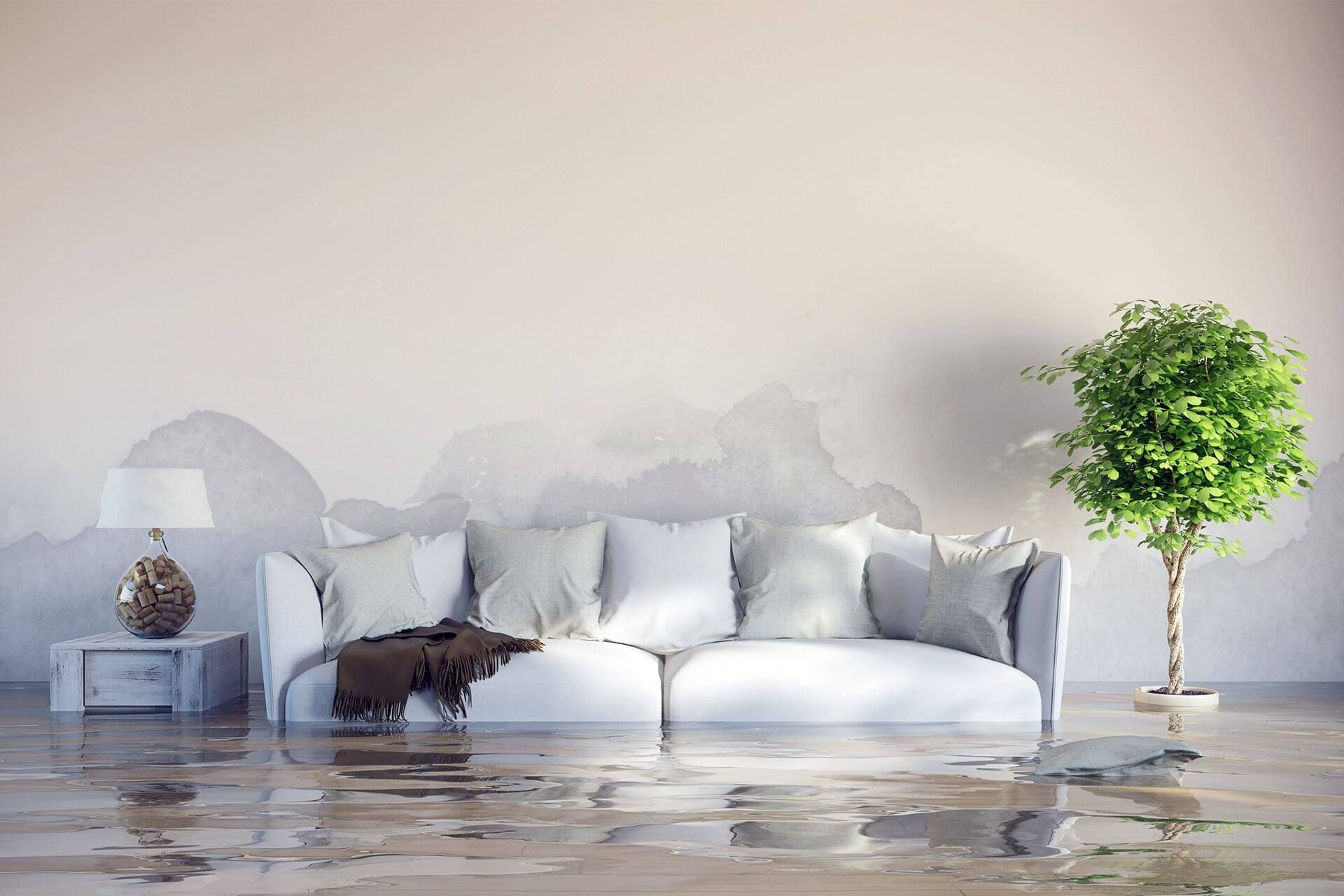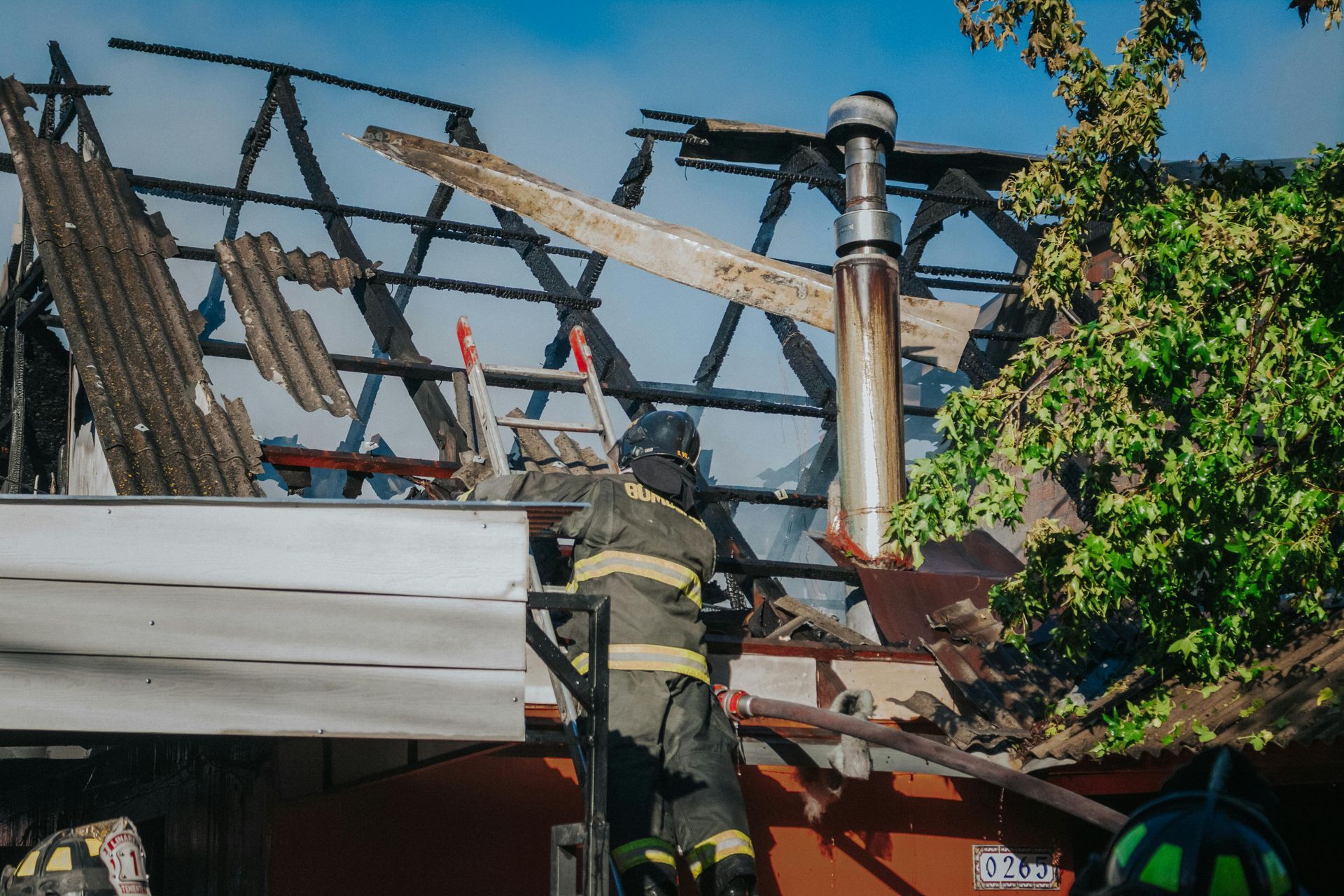Best Way to Cleanup Sewage in Basement: Safe and Effective Strategies
Few things are more stressful for a homeowner than walking into a basement full of sewage. The mess isn’t just unpleasant, it’s dangerous. Sewage carries bacteria, viruses, and toxic gases that can put your family’s health at risk if it isn’t handled the right way. Acting quickly is the only way to prevent long-term damage to your home and keep contamination from spreading.
The good news is that sewage cleanup can be done safely with the right process. By wearing protective gear, removing contaminated items, extracting standing water, disinfecting with industrial-strength cleaners, and using drying tools like dehumidifiers, you can restore your basement. We’ll walk through the exact steps you need to take, along with when it makes sense to call Boise professionals who specialize in handling basement sewage backups.
Key Takeaways
- Cleaning up sewage in your basement is urgent to protect your health and stop damage, so wearing the right protective gear and using proper tools is a must.
- Removing soaked items, pumping out sewage water, scrubbing with strong cleaners, and fully drying your basement are all important steps to safely restore your space.
- Sewage water carries harmful germs and gases that can cause illness and promote harmful mold growth, so quick and thorough cleanup is key.
- Some backups need professional help, especially if the damage is large, health issues happen, or mold and odors stick around despite your efforts.
- Preventing backups means keeping plumbing in good shape, installing backflow preventers, improving drainage, and getting regular inspections to avoid repeat problems.
Tools and Equipment Essential for Basement Sewage Cleanup
Cleaning up sewage requires the right tools to do the job safely and thoroughly. Using specialized equipment helps protect your home from further damage and reduces health risks during cleanup.
Key tools and equipment include:
- Submersible pumps to remove standing sewage water quickly from your basement, especially critical when dealing with flooding from sewer line failures or flood conditions.
- Wet/dry vacuums rated specifically for handling sewage-contaminated water and solids.
- Industrial-grade biohazard cleaning agents designed to disinfect bacteria, viruses, and odors effectively. Bleach solutions are commonly used for their powerful disinfecting properties on non-porous surfaces.
- Heavy-duty protective gear such as gloves, waterproof boots, masks, and eye protection to keep you safe from contaminated objects and hazardous materials.
- Dehumidifiers and air movers to dry out your basement fully, preventing mold and lingering odors.
Having these tools ready is especially important in Boise, where basements can hold moisture long after cleanup, making drying equipment essential to stop ongoing damage. Using the right gear and tools helps make sure the cleanup is both safe and effective, avoiding costly repairs down the line.
Safety Precautions Everyone Should Follow During Cleanup
Safety is the top priority when cleaning up sewage in your basement. Sewage contains harmful pathogens and chemicals, so protecting yourself is critical to avoid illness or injury.
Follow these safety precautions:
- Wear personal protective equipment (PPE) such as heavy-duty gloves, waterproof boots, masks rated for particulate and biohazards, and safety goggles.
- Cut power to the basement before starting to avoid electrical hazards from water and equipment, especially when dealing with flood waters that may contact electrical outlets or appliances.
- Ensure proper ventilation by opening windows or using fans to reduce harmful fumes from sewage and cleaning agents.
- Avoid mixing cleaning chemicals, which can create dangerous reactions.
- Know the limits of DIY cleanup. If the sewage backup is large or if you experience any health symptoms, seek professional help.
Taking these steps protects you and your family while making the cleanup process safer and more effective.
Steps for Cleaning and Disinfecting Basement After Sewage Backup
Cleaning your basement after sewage backup involves several important steps. Breaking them down makes it easier to follow and ensures nothing is missed.
1. Remove contaminated items
Start by taking out all items that have been soaked with sewage water. Porous materials like carpets, drywall, insulation, and upholstered furniture usually cannot be fully cleaned and must be discarded to prevent ongoing contamination. You should discard any contaminated objects that cannot be properly sanitized, including personal belongings, food items, and porous building materials that absorbed sewer water.
2. Extract sewage water
Use submersible pumps or wet/dry vacuums rated for sewage to remove standing water quickly. This step helps prevent further damage and makes it easier to clean surfaces.
3. Clean and disinfect surfaces
Scrub non-porous surfaces like concrete or tile thoroughly with industrial-grade biohazard cleaners. Multiple passes may be needed to eliminate bacteria, viruses, and odors fully. Porous surfaces that cannot be disinfected should be safely disposed of.
4. Dry the basement
After cleaning, use dehumidifiers and air movers to dry the area completely. In Boise’s basement environments, thorough drying helps prevent mold growth and lingering sewage odors. Proper ventilation supports this process.
Following these clear steps helps ensure your basement is restored safely and reduces health risks linked to sewage contamination.
Major Health Risks and Contamination Concerns in Basement Sewage Backup
Sewage water is not just dirty water. It contains harmful bacteria, viruses, and toxins that pose real health dangers. When sewage backs up in your basement, these contaminants can spread quickly to walls, flooring, and even the air inside your home. This makes it easy for everyone in the household to get exposed without proper cleanup.
Here are some major health risks to keep in mind:
- Bacteria and viruses can cause gastrointestinal illnesses, skin infections, and respiratory issues.
- Toxic gases from sewage, such as methane and hydrogen sulfide, can cause headaches and dizziness or more serious respiratory problems.
- Sewage moisture encourages mold growth, which can worsen allergies and asthma, especially in Boise’s humid basement environments.
- Contamination may extend to porous materials like drywall and carpet, making them unsafe and difficult to clean fully.
Because these risks can affect your family's health and the safety of your home, it’s important to address sewage backups immediately and thoroughly.
When Professional Sewage Cleanup Services Are Needed
Some sewage backups require more than just a homeowner’s effort. In cases of large or repeated backups, significant structural damage, or when health concerns arise, it’s best to call in experts.
Professional sewage cleanup services are essential when:
- The backup covers a large area with deep standing water.
- Sewage has seeped into walls, flooring, or structural components that need repair or replacement.
- You or your family members experience symptoms like respiratory issues, infections, or allergic reactions after the backup.
- There is mold growth or persistent sewage odors despite cleanup efforts.
Pursuit Restoration’s trained professionals in Boise are equipped with advanced tools and industry-approved cleaning agents to handle these challenging situations quickly and safely. Their expertise ensures thorough removal of contaminants, proper disposal of hazardous materials, and restoration of your basement to a safe, healthy condition.
Preventing Future Sewage Backups and Damage
Taking steps to prevent future sewage backups can save Boise homeowners from costly damage and health risks. Regular maintenance and smart upgrades are key.
Consider these prevention tips:
- Keep your plumbing in good condition with regular inspections and prompt repairs to leaks or blockages.
- Install backflow preventers to stop sewage from flowing back into the basement during heavy rains or sewer line issues.
- Improve your home’s drainage system by clearing gutters and grading soil away from the foundation to reduce water buildup.
- Schedule regular professional inspections, especially if your home is older or has a history of sewage problems.
By addressing these areas, you lower the chances of another backup, protecting your basement and your family’s health in the long run.
Prompt, Safe Sewage Cleanup Protects Your Home and Prevent Disease
When sewage backs up into your basement, acting quickly and carefully is essential. Using the right tools, wearing protective gear, and following thorough cleaning and drying steps help protect your family's health and prevent disease while preventing costly damage to your home. In Boise's climate, where moisture can linger, proper drying and odor removal are especially important.
If a sewage backup feels overwhelming or causes serious damage, calling Pursuit Restoration's trained professionals is the safest choice. Their expertise and equipment ensure your basement is thoroughly cleaned and restored, giving you peace of mind and a healthier home. Don't wait—addressing sewage problems promptly makes all the difference.
Get Help With Your Basement Sewage Cleanup Today
If your basement is dealing with sewage backup, don’t wait to get it cleaned up safely and thoroughly. Pursuit Restoration in Boise is ready to help you restore your home quickly and professionally.
You can schedule a service online anytime or call
(208) 515-6503 to learn more about how their experts can protect your home and health.
